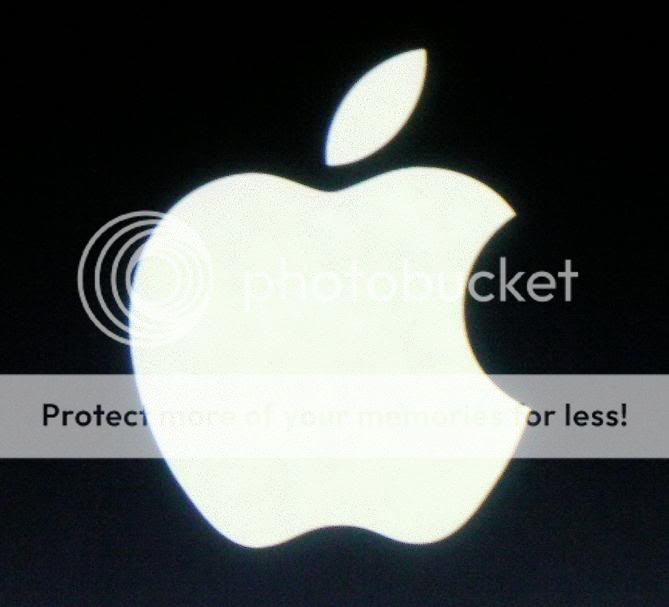 By now you’ve heard the news that Apple has been recognized as the world’s largest company. We can’t say we’re surprised. We’ve been fans of Apple for years. Our enthusiasm isn’t tech-based (although we love our iGadgetry as much as anyone), but is instead borne out of the intensely intimate focus Apple has on understanding and serving their best customers.
By now you’ve heard the news that Apple has been recognized as the world’s largest company. We can’t say we’re surprised. We’ve been fans of Apple for years. Our enthusiasm isn’t tech-based (although we love our iGadgetry as much as anyone), but is instead borne out of the intensely intimate focus Apple has on understanding and serving their best customers.
The Power of a Cult Brand
Ask any analyst or industry insider what Apple sells, and they’ll rattle off a list of items: the iPhone, the iPad, the Mac. They’re all right, and they’re all wrong. What Apple really sells, and the reason why Steve Jobs was able to steer the organization to such a dominant position, is creative empowerment.
Human beings are complex creatures. We like to think we’re logical, and that all of our decision making comes from a rational, objective place. What Apple, and other dominant organizations like Harley Davidson, Ikea, and Nike—companies we call Cult Brands—realize is that while logical considerations certainly have some weight, they’re hardly the most pressing factors guiding consumer decisions. The feelings and emotional associations consumers have with your brand is the ultimate driver of purchasing behavior and enduring customer loyalty.
In many ways, the consumer views brands the same way they consider their own personal wardrobe. They choose outfits for many reasons: to project a particular image, to attract others, to express their personality—clothing is, ultimately, an expression of identity. They form brand relationships the same way, choosing the organizations they view as the best extension of their selves.
No one stands in line for three days to buy a cell phone because it offers better coverage or has a longer battery life. People stand in line for three days to buy a cell phone because they love the way it makes them feel.
Apple commands fanatical loyalty because they’ve identified and found a way to represent what many, many people consider an integral part of their very best self. This best self is creative, focused on appreciating beauty in many forms. This best self is social, centered on connecting with friends. This best self is generous, sharing everything from personally penned profound thoughts to funny pictures snapped on vacation. Unconsciously or consciously, most of Apple’s customers believe that they are already creative, social, and generous. Unconsciously, they believe that owning an Apple product makes them more so.
If you’re going to be a dominant organization, you need to know, intimately and in great detail, who your customer’s best self is. Delving into and defining the qualities they see as most important in themselves (a process we call Brand Modeling) will help you understand the qualities and type of experience they want from you. Apple does this at every touch point, on and off line. That’s not saying they do everything perfectly; there are always bugs to be discovered. But they address the imperfections in a way that their best customer’s best selves recognize and appreciate.
One is left to wonder what’s left for Apple. After you become the biggest brand in the world, what’s left?
